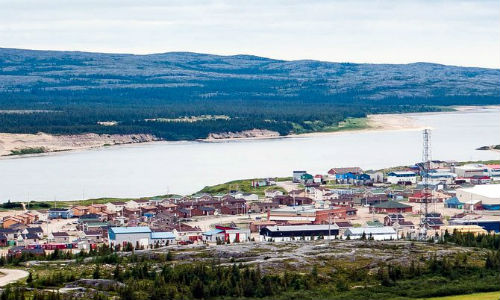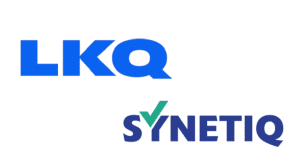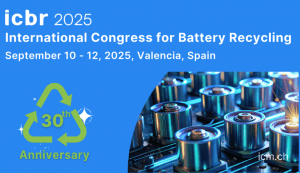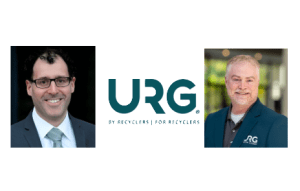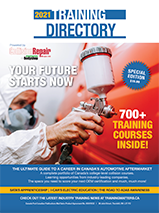By CAR Staff
Nunavik, Quebec and Baffin Island, Nunavut — August 16, 2017 — Canada’s automotive recyclers are once again stepping up to bring their expertise to a new frontier. Tundra Take-Back has been running for the last several years. In brief, the project seeks to bring automotive recycling to communities in Canada’s far north. Professional recyclers travel to remote communities and help local people learn to properly depollute and recycle the end-of-life vehicles (ELVs) that have piled up.
Tundra Take-Back is a collaborative project between Scout Environmental and the Automotive Recyclers of Canada (ARC). This year, two ARC members have journeyed to northern communities to help in the clean-up efforts.
Paul Bell from Poehl’s Auto Recyclers in Kentville, Nova Scotia is heading to Kuujjuarapik in Nunavik in northern Quebec from August 17 to September 2. Darrell Pitman from P&G Auto in North Bay, Ontario, is currently in Cape Dorset, located on the southern tip of Baffin Island in Nunavut. He will stay in the community until August 19.
There are a number of significant barriers to properly recycling vehicles in the north, including a lack of recycling infrastructure, a lack of training and the high cost of shipping vehicles south for recycling. After a half-day of in-class training, teams will move to the local metal dump to gain hands on experience de-polluting vehicles and preparing them for recycling.
The project has been extremely successful. In its first year alone, Tundra Take-Back removed 20 tons of scrap metal, over 500 lead-acid batteries, over 1,300 tires, 24 208-litre drums of oil, spent gasoline and antifreeze; approximately 20 mercury switches and a small bucket of lead wheel weights, 14 gallons of windshield washer fluids and approximately 2 lbs. of refrigerants.
Scout Environmental has produced a handbook that details best practices for recycling vehicles in Canada’s north. It’s available for download at this link.




